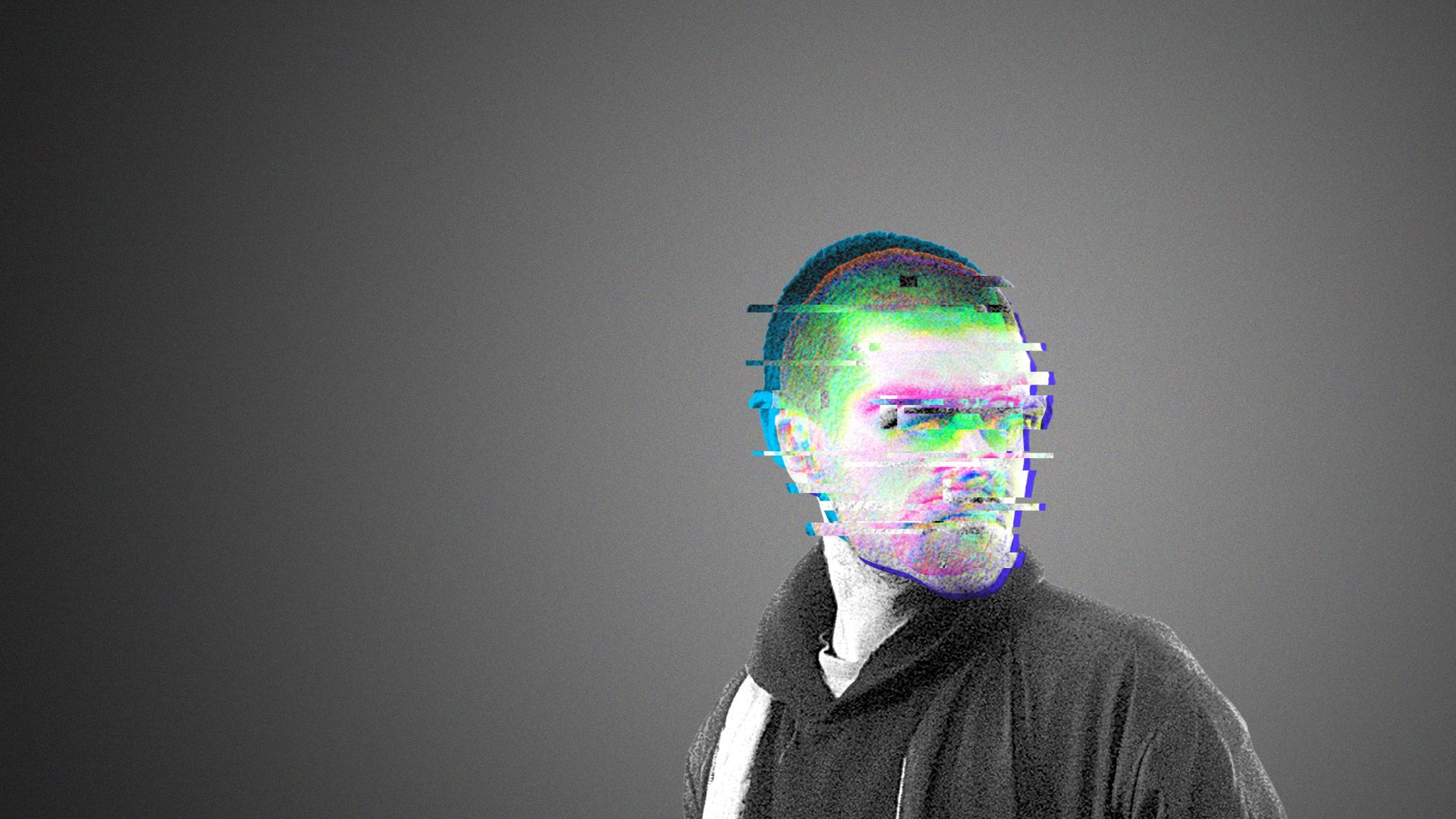Des Moines metro police using controversial facial recognition tool
Add Axios as your preferred source to
see more of our stories on Google.

Illustration: Brendan Lynch/Axios
Several Des Moines metro police departments are using a controversial facial recognition tool that allows law enforcement to upload a person's photo and match it with other public images of them on the internet.
Why it matters: That photo you posted on Facebook or Instagram may be used by your local police department as a way to identify you without your knowledge or consent.
Driving the news: Earlier this month, Buzzfeed published a database of agencies and companies that have used a tool from US tech firm Clearview AI to identify people in their investigations.
- Axios followed up with DSM-area police departments.
State of play: The Des Moines and Ankeny police departments are using the tool.
- West Des Moines and Urbandale told Axios they do not use the technology.
- Waukee police chief John Quinn did not respond to our repeated requests for comment, but the Buzzfeed database alleges the department has at least tested it.
How it works: Clearview AI scraped images from some of the largest public internet sites, including Facebook, Twitter, YouTube, Venmo and LinkedIn to create a facial recognition database now used by hundreds of law enforcement agencies across the country.
What they're saying: "The safety and security benefits are obvious," said Sgt. Paul Parizek spokesperson for DMPD.
- Parizek cited the benefit of facial recognition technology in identifying the shooter at The Capital Gazette's newsroom in 2018.
- He also said it can help identify potential suspects, as well as missing or deceased people.
The other side: Using the app from Clearview AI is a breach of our right to privacy — especially since the company took data without consent, said Mark Stringer, executive director of ACLU of Iowa.
- The technology is known to produce false positives for women and people of color — unnecessarily targeting them, he said.
- It also could also chill First Amendment rights as protesters may feel hesitant to assemble if they know they're being monitored.
- "The fact that this technology is being used without general knowledge is a concern," Stringer said.
What's next: Don't expect this to be the last time you hear about the ethics of facial recognition technology. A growing number of cities and even the state of New Jersey have voted to restrict it.
